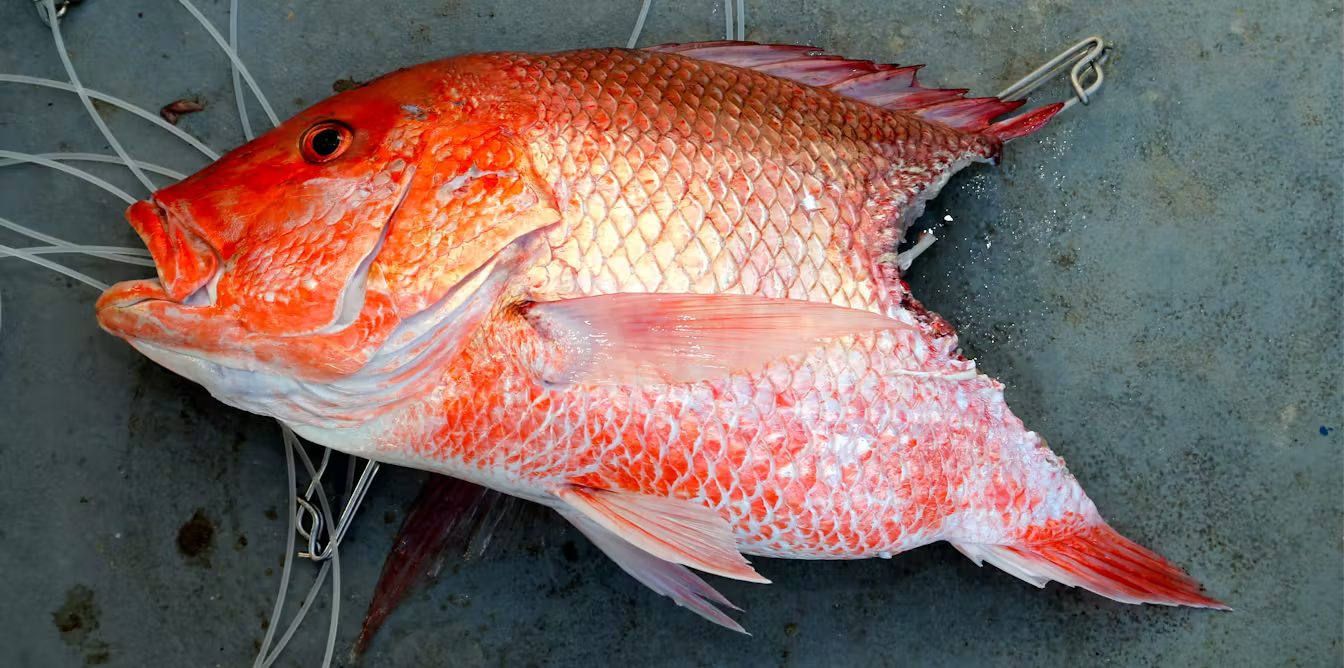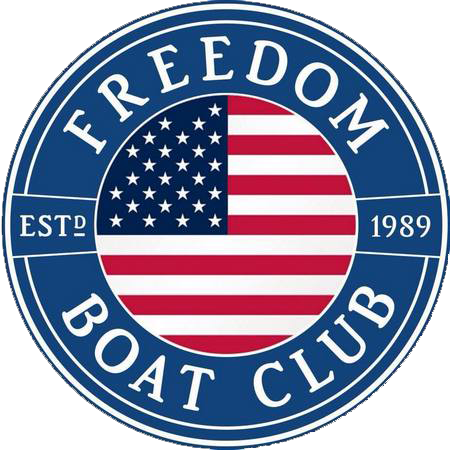Lawmakers Want to Ban Shark Feeding to Stop Red Snapper Depredation
Nathan Strout • June 20, 2025
Shark fishing regulations have been a long term problem

For many years there has been an ongoing feud between some anglers and those who wish to catch sharks. Many shark charters will chum the waters in area closer to shore so they don't have to burn as much fuel to find their catch. Those feeding methods often drift into other fishing areas or same train sharks to change their normal feeding areas.
Alabama fishing regulations often mirror those of neighboring Florida. Lawmakers from the U.S. state of Florida want to ban shark feeding off the state’s coast, claiming the practice leads to increased activity and depredation of red snapper. The situation was first reported by Nathan Strout of Seafood Source.
“As a Floridian and member of the House Natural Resources Committee, I am committed to the responsible stewardship of our marine ecosystems and safety of our waters,” U.S. Representative Daniel Webster (R-Florida) said in a statement. “This legislation mirrors current Florida law, which helps ensure the safety of Floridians and provide commonsense conservation of marine wildlife.”
The Florida Safe Seas Act of 2025 expands on current U.S. law, which prohibits unauthorized feeding of sharks in the U.S.'s exclusive economic zone (EEZ) around the state of Hawaii and American territory in the Pacific Ocean. Webster’s legislation would simply add Florida to that provision, banning shark feeding in the EEZ around Florida, as well. Shark feeding is already banned in Florida state waters, with the bill seeking to expand that prohibition into federal waters.
The bill’s backers claim that shark feeding only encourages depredation – the partial or complete removal of a hooked fish from an angler’s line by a shark – of red snapper and other fish in the region.
Two lawmakers from the U.S. state of Florida want to ban shark feeding off the state’s coast, claiming the practice leads to increased activity and depredation of red snapper.
“As a Floridian and member of the House Natural Resources Committee, I am committed to the responsible stewardship of our marine ecosystems and safety of our waters,” U.S. Representative Daniel Webster (R-Florida) said in a statement. “This legislation mirrors current Florida law, which helps ensure the safety of Floridians and provide commonsense conservation of marine wildlife.”
The Florida Safe Seas Act of 2025 expands on current U.S. law, which prohibits unauthorized feeding of sharks in the U.S.'s exclusive economic zone (EEZ) around the state of Hawaii and American territory in the Pacific Ocean. Webster’s legislation would simply add Florida to that provision, banning shark feeding in the EEZ around Florida, as well. Shark feeding is already banned in Florida state waters, with the bill seeking to expand that prohibition into federal waters.
The bill’s backers claim that shark feeding only encourages depredation – the partial or complete removal of a hooked fish from an angler’s line by a shark – of red snapper and other fish in the region.
“With depredation by sharks on the rise, anglers are increasingly concerned about the practice of shark feeding, which conditions sharks to associate humans and boats with food,” American Sportfishing Association (ASA) Southeast Fisheries Policy Director Martha Guyas said in support of the bill.
In 2023, the South Atlantic Fishery Management Council claimed shark depredation was one of the most consistent concerns of fishers in the South Atlantic. NOAA Fisheries has pointed to multiple reasons for the increase in shark depredation reports, including that sharks have learned to associate recreational fishing boats with easy meals.
In addition to ASA, the Florida Safe Seas Act has been endorsed by the Florida Fish and Wildlife Conservation Commission, scuba diving company Jupiter Dive Center, and Bonefish and Tarpon Trust.
“This critical measure will protect shark populations, promote healthier marine ecosystems, and enhance the safety of our waters. By taking this step, we affirm our responsibility to preserve the delicate balance of ocean life and ensure a sustainable future for both marine wildlife and the communities that depend on them,” Jupiter Dive Center Owner Gerald Carroll said in a statement.
Earlier this year, the U.S. House of Representatives passed the Supporting the Health of Aquatic systems through Research, Knowledge, and Enhanced Dialogue (SHARKED) Act, which directs NOAA Fisheries to establish a task force focused on shark depredation. The Senate has not yet taken action on the bill.
Recent Posts


























